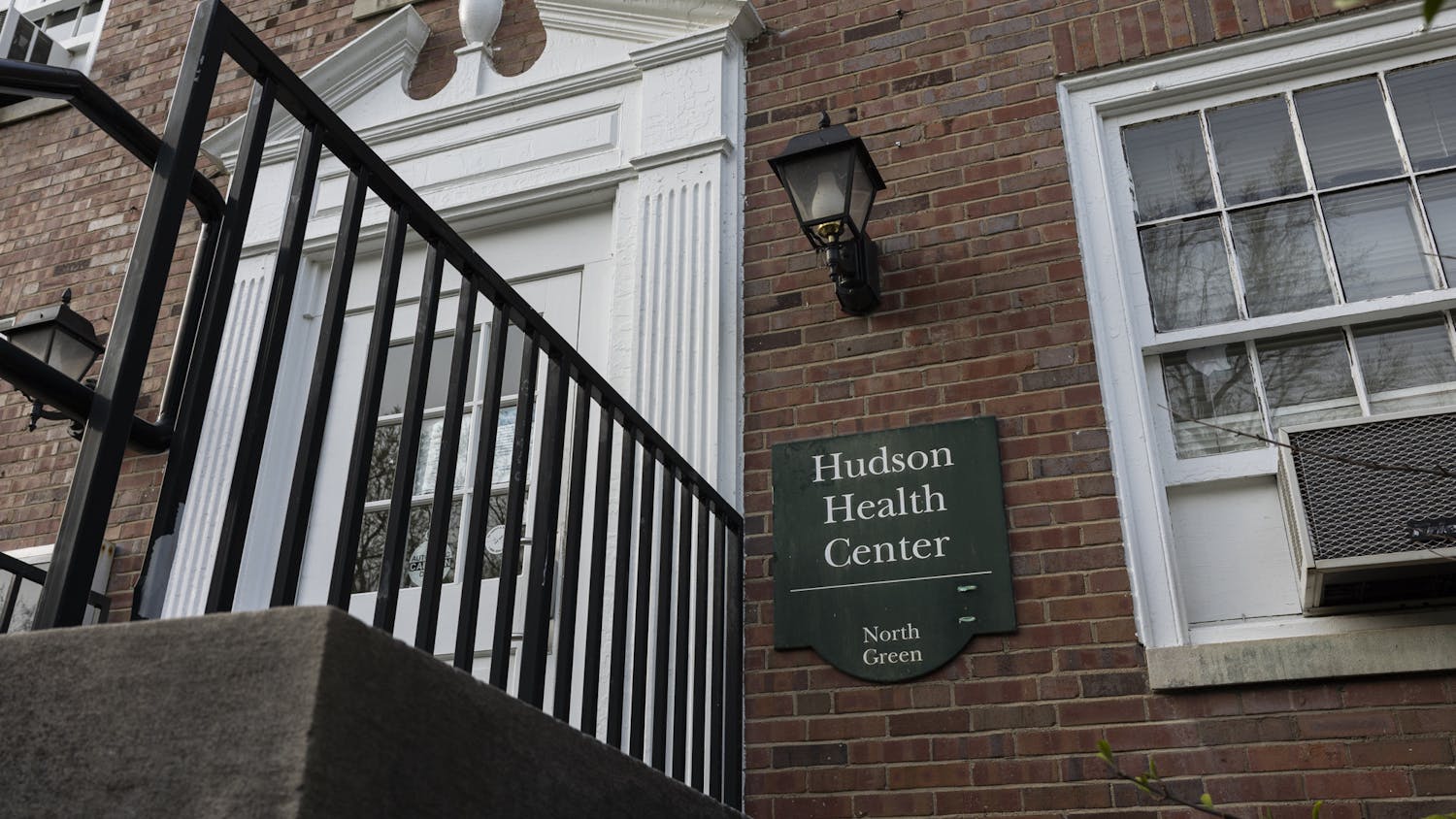Athens locals and people worldwide recognized World Autism Awareness Day Wednesday, advocating for acceptance and striving to eliminate negative stigmas.
The Athens County Board of Developmental Disabilities recognized autism and all developmental disabilities throughout March. The event lineup included a march on Court Street for Disability Awareness March 7. Court Street was packed with local families, Bobcats and residents from neighboring cities, all bringing positive energy and smiles.
“It was probably our largest turnout ever,” Arian Smedley, ACBDD’s assistant superintendent, said. “It is a really fun time. It is a short walk and people make their signs that have all kinds of great messages on them, messages they are choosing and they are wanting to communicate to the community.”
Smedley said she fell into her role serendipitously, but after her daughter was diagnosed with ASD five years ago, she knew it was meant to be.
“Inclusion is the ultimate goal so finding ways to make our communities more inclusive for those of different abilities is always important,” Smedley said.
The Centers for Disease Control states one in 36 children is diagnosed with ASD and the disorder is nearly four times more common in boys than girls. With a large portion of the human population directly affected by ASD, April is a month for families and friends to show their support and spread kindness.
Despite taking place in March, ACBDD’s progressive march down Court Street is just one way people around the world strive to connect with others and abolish inaccurate stereotypes.
Winifred Stiefel, a junior studying media arts production, said learning about developmental disabilities can create a more welcoming and comfortable campus for Bobcats.
“As you go through life, you are going to run into people with disabilities and just because they have a disability does not mean you should not try to interact with them,” Stiefel said. “I think it is important for everyone to be aware of that so everyone has equal opportunities in every aspect of life.”
Although April highlights the importance of autism awareness, families in the Appalachian region find ways to teach people year-round. The Appalachian Family Center for Autism and Disability Resources and Education is a 501(c)(3) non-profit group looking to raise “public awareness,” “outreach” and “collaboration” through meetings, events and engaging activities.
Established in 2013, AF-CADRE combined the former Autism of Southeastern Ohio and Appalachian Network of Developmental Disabilities groups and believes families in Southeast Ohio associated with intellectual and developmental disabilities “deserve advocacy and support.”
AF-Cadre has Facebook groups for families and caregivers with over 170 members, not including those with disabilities who may be involved. Noriko Kantake, co-founder, is a member of the board and said open swim is hosted the first and third Friday each month from 5-7 p.m. at Beacon School on 801 W. Union St. for children with developmental disabilities.
“(It is) swim lessons for kids 2 through 12 with disabilities and it is really heavily staffed (with) intense water safety and entry-level swim lessons,” Kantake said. “It is really individualized.”
The “safe swim for all” program was started by an OU graduate in 2023 and several Bobcats volunteer each season. Kantake said those interested in learning more can directly message AF-CADRE’s Facebook page or donate here.
“We want to reach out (to people) who have never attended the lessons because probably there are many children who cannot go to public pools because of behavior issues or disability concerns,” Kantake said. “We are meant to serve them.”
With March recognizing all developmental disabilities and April supporting individuals with ASD, passionate individuals found ways and continue to advocate for those with disabilities. Smedley said developmental disabilities affect families and individuals around the world, and inclusivity is vital.
“It creates more space for acceptance and understanding,” Smedley said. “That is beneficial to the people that we serve because anytime they feel more welcome in their communities, the better, and it also offers an opportunity for people who are not part of this community to learn and grow.”






